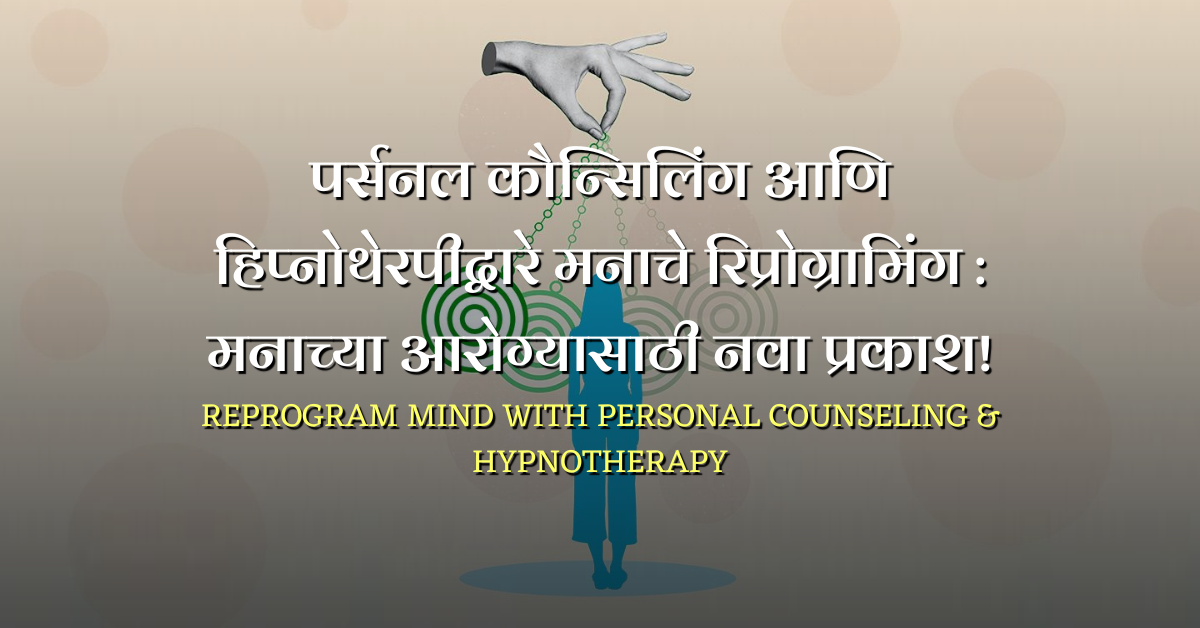
Finding a balance between work and personal life can be a challenging thing. But it is crucial for maintaining overall well being. Here are some tips to help you create harmony between your professional and personal responsibilities:
1. Set Clear Boundaries
Set clear boundaries between work and personal time. Define specific hours for work and stick to them. Avoid checking work emails or taking work calls during your personal time.
2. Prioritize Tasks
Identify your most important tasks and prioritize them. Use tools like to-do lists or digital planners to organize your tasks by importance and deadline. Focus on completing high-priority tasks first.
3. Delegate When Possible
Don’t be afraid to delegate tasks at work and home. Delegation can help lighten your load and free up time for other important activities. Trust your colleagues and family members to handle responsibilities.
4. Learn to Say No
It’s important to recognize your limits and not overcommit yourself. Politely decline additional work or social invitations when you’re already stretched thin. Saying no can help you maintain balance and prevent burnout.
Also Read: 444+ Helpful Affirmations for Everyday
5. Schedule Personal Time
Just as you schedule work tasks, schedule time for personal activities. This could include exercise, hobbies, family time, or relaxation. Treat this time with the same importance as work meetings.
6. Utilize Technology Wisely
Use technology to your advantage by setting reminders and alarms to keep you on track. However, also set boundaries with technology, such as turning off notifications during personal time to avoid distractions.
7. Take Breaks in Between
Regular breaks are essential for maintaining productivity and reducing stress. Take short breaks throughout your workday to stretch, walk, or relax. Use your lunch break to recharge instead of working through it.
8. Practice Mindfulness
Mindfulness can help you stay present and reduce stress. Incorporate mindfulness practices, such as deep breathing, meditation, or mindful walking, into your daily routine to maintain a sense of calm.
9. Communicate Openly
Communicate your needs and boundaries clearly with your employer, colleagues, and family. Open communication can help manage expectations and create a supportive environment both at work and home.
10. Create a Dedicated Workspace
If you work from home, create a dedicated workspace that is separate from your personal living areas. This physical separation can help you mentally switch between work and personal life.
11. Plan Vacations and Downtime
Regularly plan vacations and downtime to recharge. Taking time off from work is essential for preventing burnout and maintaining mental and physical health. Even short breaks can make a big difference.
12. Reflect on Your Balance
Regularly reflect on your work-life balance. Assess what’s working and what isn’t, and make adjustments as needed. This ongoing evaluation helps ensure you stay on track with your balance goals.
13. Engage in Physical Activity
Include physical activity into your routine to boost energy levels and reduce stress. Exercise can be a great way to unwind after a long day and improve your overall health and well-being.
14. Set Realistic Goals
Set realistic and achievable goals for both your professional and personal life. Avoid setting yourself up for failure by overestimating what you can accomplish in a given time frame.
15. Seek Support When Needed
Don’t hesitate to seek support from friends, family, or a professional coach. Sometimes an outside perspective can provide valuable insights and help you create a more balanced life.
16. Practice Self-Care
Prioritize self-care by doing activities that nourish your mind, body, and soul. This can include reading, taking baths, meditating, or spending time in nature. Self-care helps replenish your energy and maintain balance.

17. Be Flexible
Life is unpredictable, and sometimes your balance will be disrupted. Be flexible and adapt to changes as they come. Flexibility allows you to handle unexpected challenges without feeling overwhelmed.
18. Celebrate Achievements
Celebrate your achievements, both big and small. Recognizing your accomplishments can boost your motivation and remind you of the progress you’ve made in balancing your work and personal life.
Balancing work and personal life is an ongoing process that requires attention and effort. When you start implementing these tips, you can create a more harmonious and fulfilling life, where both your professional and personal needs are met. Wishing you balance and harmony!
FAQ: Balance Work and Personal Life: 18 Tips for Harmony
Q: How can I set clear boundaries between work and personal time?
A: Define specific work hours and stick to them. Avoid checking work emails or taking calls during personal time.
Q: What’s the best way to prioritize tasks?
A: Use to-do lists or digital planners to organize tasks by importance and deadline. Focus on completing high-priority tasks first.
Q: How do I set realistic goals?
A: Set achievable goals for both work and personal life. Avoid overestimating what you can accomplish in a given time frame.
Q: How do I say no without feeling guilty?
A: Recognize your limits and politely decline additional work or social invitations when you’re already stretched thin. It helps maintain balance and prevent burnout.
Q: Why are breaks important, and how often should I take them?
A: Regular breaks boost productivity and reduce stress. Take short breaks throughout your workday to stretch, walk, or relax, and use your lunch break to recharge.
Q: How often should I plan vacations?
A: Regularly plan vacations and downtime to recharge. Even short breaks can prevent burnout and improve health.
Content on this blog, including text, some images, and other creative works, is the intellectual property of Dnyan Power and is protected by copyright law. Unauthorized use or reproduction of any content without prior written permission is strictly prohibited. For inquiries or permissions, please Contact Us or email us at quantumhypnosisplr@gmail.com



Leave a Reply